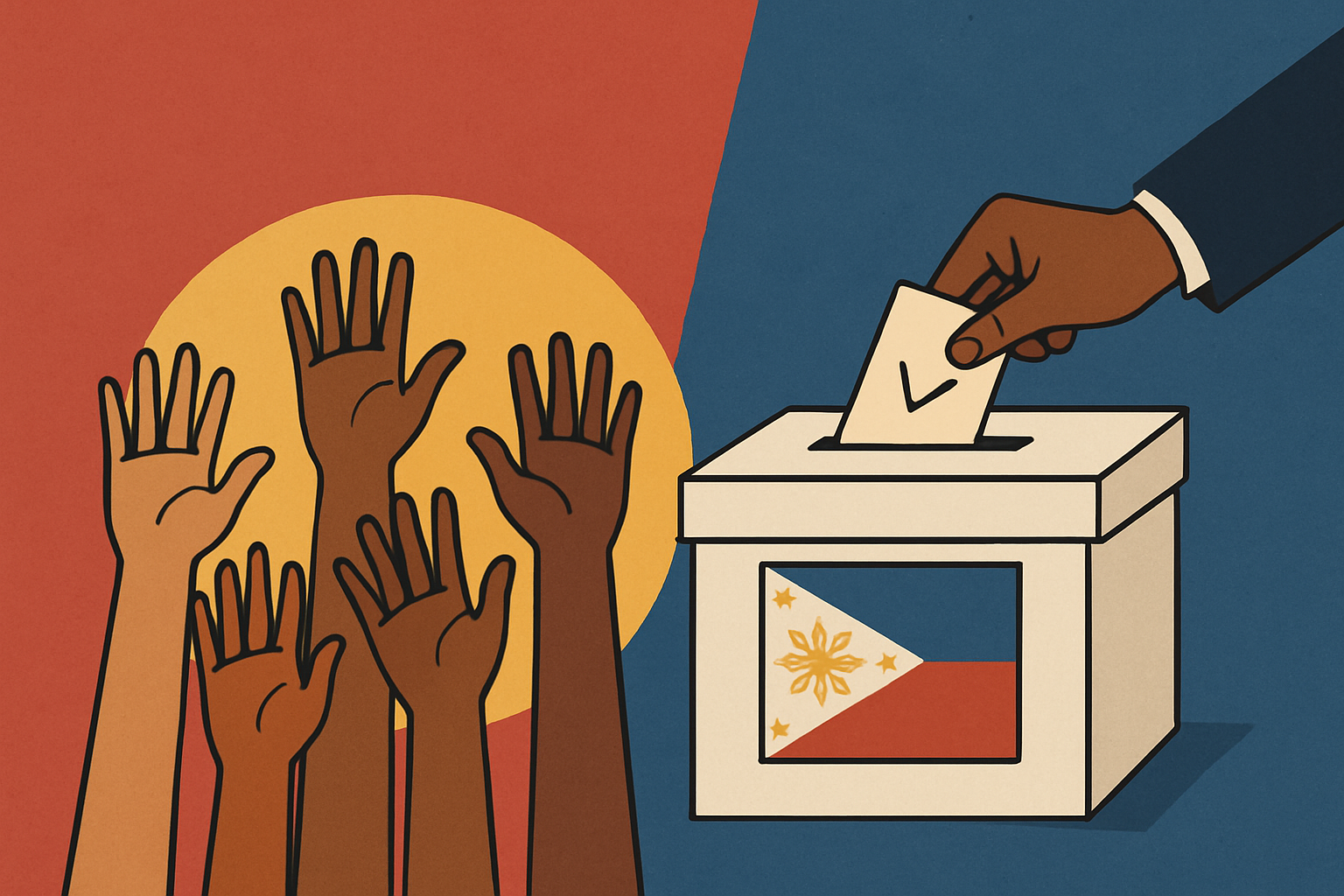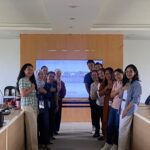My personal understanding of democracy and transparency only truly began when I moved to the Netherlands in 1983, after spending my youth under the Marcos dictatorship in the Philippines. Martial Law was declared when I was just fourteen, and until I left at twenty-five, I had never experienced genuine elections. It was in a foreign land that I cast my first vote and discovered the responsibilities and privileges that come with participating in a democracy.
Let me briefly define two key concepts. Democracy is a system where political power resides with the people—rulers are elected through competitive elections, and in its best form, democracy also protects civil liberties and human rights. Hand in hand with democracy is transparency, which means openness and honesty, ensuring all relevant information is available for the public to make informed decisions.
In the Netherlands, even foreigners who have lived legally in the country for five years are allowed to vote in local elections. I voted for the first time on March 21, 1990, and since becoming a Dutch citizen, I have participated in all levels of elections, including the European Parliament. I take elections seriously—studying party platforms and following debates—noting how Dutch campaigns focus on programs and ideas rather than personalities, unlike the often personality-driven politics of the Philippines and the United States.
One feature of the Dutch system I particularly value is its multi-party, proportional representation. This setup ensures that a broad spectrum of society is represented in government, unlike winner-takes-all systems that often sideline minority voices.
Voting, therefore, becomes a meaningful way for people to shape their future.
My time as a city councilor in Tilburg from 2003 to 2010 further deepened my appreciation for democracy. I saw first-hand how transparency is institutionalized: Audit Committees regularly review and report on government spending, public officials must disclose all their functions to prevent conflicts of interest, and various mechanisms are in place to ensure accountability. These practices not only foster public trust but also help prevent corruption.
Of course, democracy is not without flaws. Elections can sometimes be shortsighted, with parties focused on the next vote rather than long-term solutions. Populism can creep in, with politicians tailoring promises to win popularity rather than truly addressing societal issues. Here, civic engagement—through protests, strikes, and activism—plays a crucial role. These collective actions keep important issues in the public eye and pressure politicians to respond in meaningful ways. Much of the Netherlands’ robust welfare system—free education, universal healthcare, unemployment and disability benefits—was hard-won through years of public advocacy and civic participation.
I share these experiences to emphasize how vital it is to use and protect the democratic space we have. The Philippines possesses this space—not every nation does. Many countries, such as China, Russia, and North Korea, severely restrict citizens’ participation in governance. We should be grateful for our democratic opportunities and use them wisely.
This coming election is one such opportunity. We must take it seriously. Start by looking carefully at the platforms of political parties and candidates. What are their visions for the Philippines? For your community? For your children’s future? Are their promises meaningful, realistic, and relevant to your needs? Don’t just listen to what they say during campaign season—look at their track records, their past performance, and their sustained engagement with the people.
Elections are your chance to help choose the right leaders, but democracy does not end at the polls. It continues through active participation, vigilance, and holding officials accountable. If you believe the elections are flawed or dominated by political dynasties, do not let apathy take hold. Apathy only benefits those who wish to preserve the status quo. Even in a challenging system, honest and dedicated public servants can and do emerge. Support these leaders, engage with them, inform them of your community’s problems, and collaborate in seeking solutions. At the same time, remain vigilant against corruption and incompetence, speaking out and demanding better.
In short, democracy is an ongoing process, not a one-day event. It requires effort, attention, and persistence—from voting wisely, to engaging in civil society, to demanding accountability from those in power. If we do our part, we help strengthen our country, for ourselves and future generations.
Let’s not make this election a missed opportunity. Seize your role as a citizen. Exercise your rights, use your voice, and help build a better Philippines—one election, and one act of civic responsibility, at a time.



